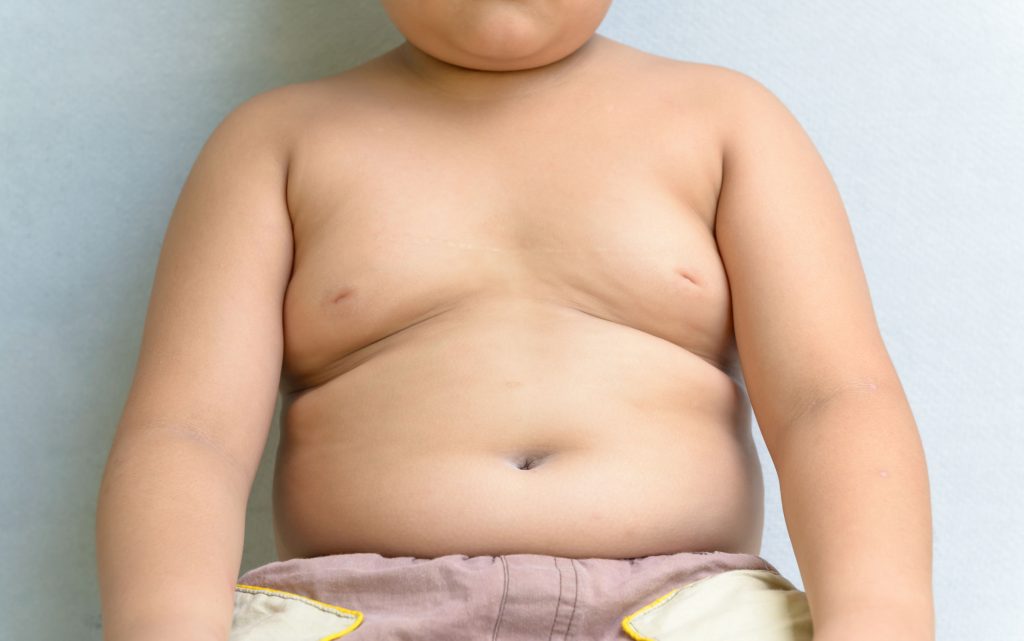
A study that was recently published on The Pediatric Journal shows evidence that the amount of sleep your child gets at a young age (about four and a half years old), impacts the chances of him or her being obese as a teenager.
Study Logistics
The study participants were also a part of the Eunice Kennedy Shriver National Institute of Child Health and Human Development Study of Early Child Care and Youth Development (SECCYD). The criteria for eligible participants were:
- The mothers of the children had to be at least 18 years old or older at time of birth.
- The mothers had to speak fluent English.
- The mothers did not have any plans for adoption.
- The mothers had to have carried the fetus for 37 weeks or less at the time of birth.
- The mothers and their babies must have had a hospitalization period of at least six days after birth.
1,364 participants enrolled in the study, but only the data from 977 participants were used in the final results due to data availability. All of the children observed in the study were born in 1991. The main variable tested in the study was adolescent obesity.
The study recorded other variables including:
- Income-to-poverty ratio
- Maternal sensitivity
- Child bedtimes
- Maternal obesity
- Maternal Education
- Birth weight
- Race
The study had originally hypothesized a correlation between maternal sensitivity when the child was at preschool age and adolescent obesity, though the results showed no correlation between the two variables.
Test Results
The study recorded that a majority of the children had a bed-time of between 8:00-9:00 pm.
- 52 children had a bedtime before 8:00 pm.
- 171 children had a bedtime at 8:00 pm.
- 194 children had a bedtime at 8:30 pm.
- 235 children had a bedtime at 9:00 pm.
- 220 children had a bedtime after 9:00 pm (25 percent of total children in final test data).
The results showed that children who stayed up later at night also had a higher percentage of obesity at adolescence. The specific results are:
- 10 percent of children who went to bed at or before 8:00 pm became obese at adolescence.
- 16 percent of the children that went to bed between 8:00 and 9:00 pm became obese at adolescence.
- 23 percent of the children that went to bed after 9:00 pm became obese at adolescence.
This study provides evidence that bedtimes are a contributing factor in obesity and child development, a theory generally accepted in the pediatric community.
Further Interpretation of The Study
It is important to note that correlation does not equal causation in the scientific community. It is possible that this study may have foregone data that would have been statistically relevant, including the paternal obesity rates, paternal interaction with the children, and having a relatively small test group. Additionally, there are many factors that reportedly contribute to obesity that the study may not have accounted for and/or isolated, such as poverty rates and cultural/anthropological influences. However, that is to say that the study simply may not be 100 percent accurate. Though the study does provide statistically relevant information, only experiment recreation and detailed analysis of obesity cause-and-effect would determine whether or not the results are conclusive.















